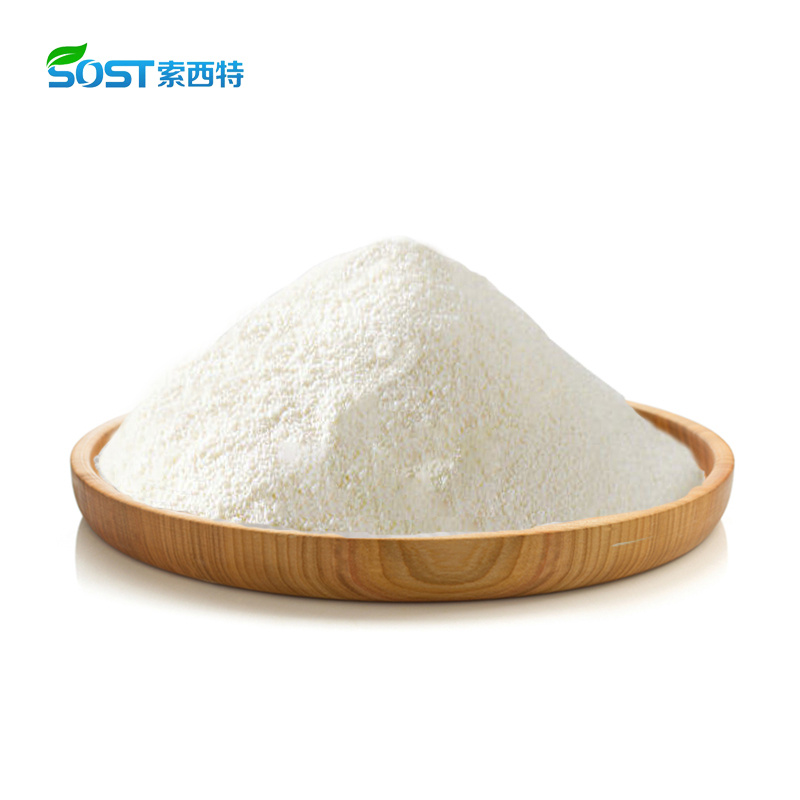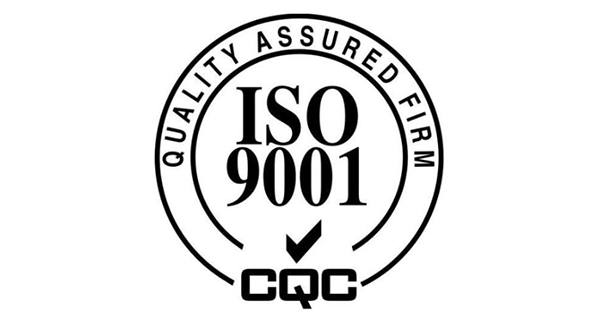Product Introduction
The chemical name of lysine is 2,6-diaminohexanoic acid. Lysine is a basic essential amino acid. Since the lysine content in cereal foods is very low and is easily destroyed during processing and becomes deficient, it is called the first limiting amino acid.
Lysine is one of the essential amino acids for humans and mammals. The body cannot synthesize it by itself and must supplement it from food. Lysine is mainly found in animal foods and legumes, and the content of lysine in cereals is very low. Lysine has positive nutritional significance in promoting human growth and development, enhancing immunity, anti-virus, promoting fat oxidation, and alleviating anxiety. It can also promote the absorption of certain nutrients and can work synergistically with some nutrients. , better exert the physiological functions of various nutrients.
According to optical activity, lysine has three configurations: L-type (left-handed), D-type (right-handed) and DL-type (racemic). Only the L-type can be used by organisms. The active ingredient content of L-lysine is generally 77%-79%. Monogastric animals are completely unable to synthesize lysine on their own and do not participate in transamination. After the amino groups of D-amino acids and L-amino acids are acetylated, they can be deaminated by the action of D-amino acid oxidase or L-amino acid oxidase. The ketoacid after deamination no longer plays a amination role, that is, deamination reaction Irreversible, therefore, often manifested as deficiencies in animal nutrition.

Product Function
1. Promote growth and development: Lysine is an important component of protein synthesis and is particularly important for the growth and development of children.
2. Enhance immune function: Lysine helps maintain the normal function of the immune system. It participates in the production of antibodies and helps resist the invasion of pathogens.
3. Promote wound healing: Lysine participates in the synthesis of collagen and has a positive effect on wound healing and tissue repair.
4. Supports bone health: Lysine helps with the absorption and utilization of calcium, which is beneficial for maintaining bone health.
5. Protect the nervous system: Lysine can participate in the synthesis of neurotransmitters and has a certain supporting effect on the health of the nervous system.
6. Helps to generate L-carnitine: Lysine is the precursor for the synthesis of L-carnitine. L-carnitine participates in the oxidation of fatty acids and contributes to energy production.
7. Possible cardiovascular benefits: Some research suggests that lysine may help prevent and treat cardiovascular disease, but research in this area is insufficient.

Product Application
1. L-Lysine base is mainly used as nutritional supplements, food fortifiers, used to strengthen the food lysine.
2. L-ysine base can be used for biochemical research, medicine for malnutrition, loss of appetite and hypoplasia and other symptoms, but also improve the performance of certain drugs to improve efficacy.

Product Data Sheets
| Analysis | Description | Testing Result |
| Specific optical rotation | +23.0°~+27.0° | +24.3° |
| Assay | 98.5~101.0 | 99.30% |
| Loss on drying | Not more than 7.0% | 4.50% |
| Heavy metals (Pb) | Not more than 20 ppm | 7 ppm |
| Residue on ignition | Not more than 0.20% | 0.15% |
| Chloride | Not more than 0.04% | 0.01% |
| Arsenic ( As2O3) | Not more than 1 ppm | 0.3ppm |
| Ammonium( as NH4) | Not more than 0.10% | 0.10% |
| Other amino acids | Chromatographically not detectable | Conformed |
Packing & Shipping

What We Can Do?











